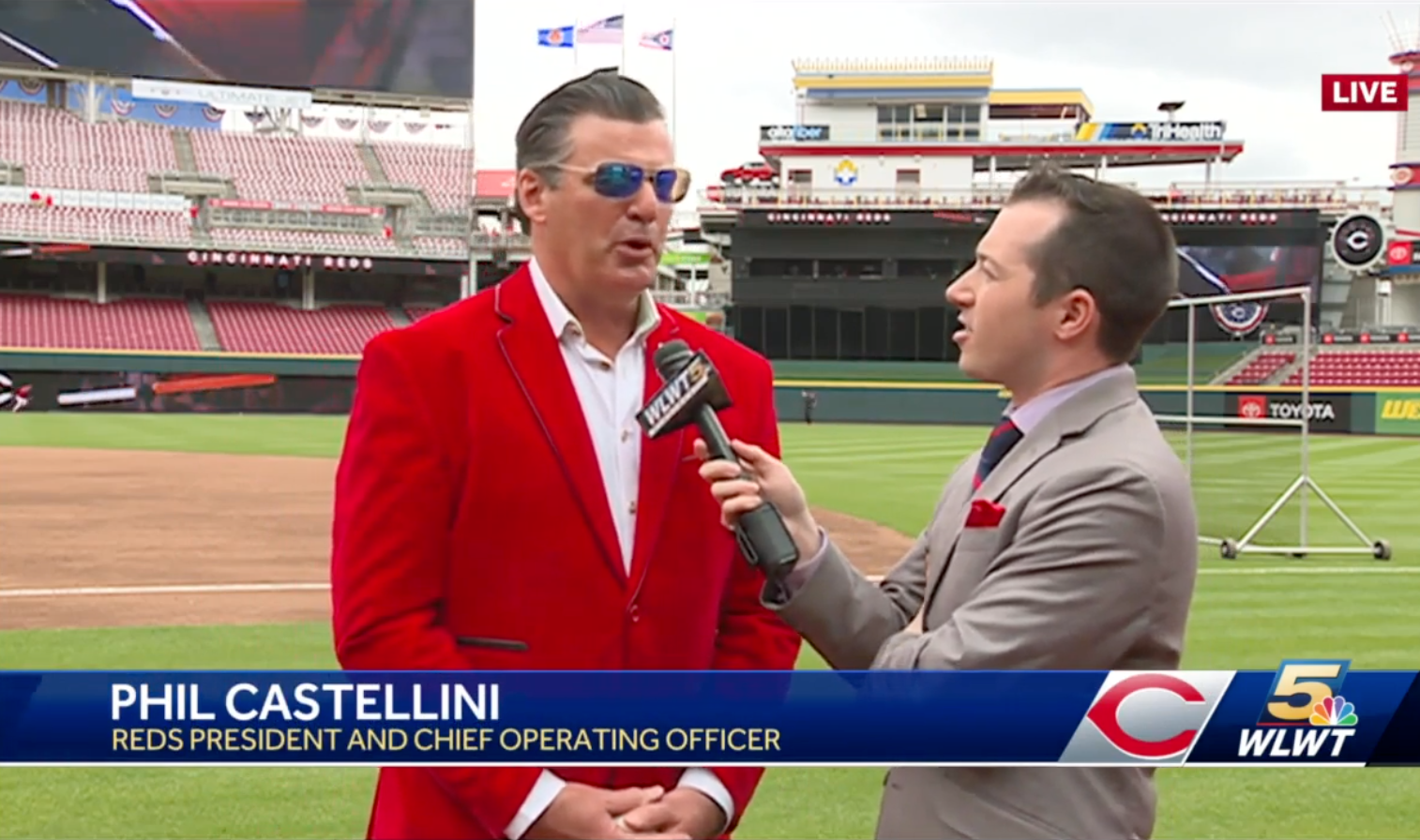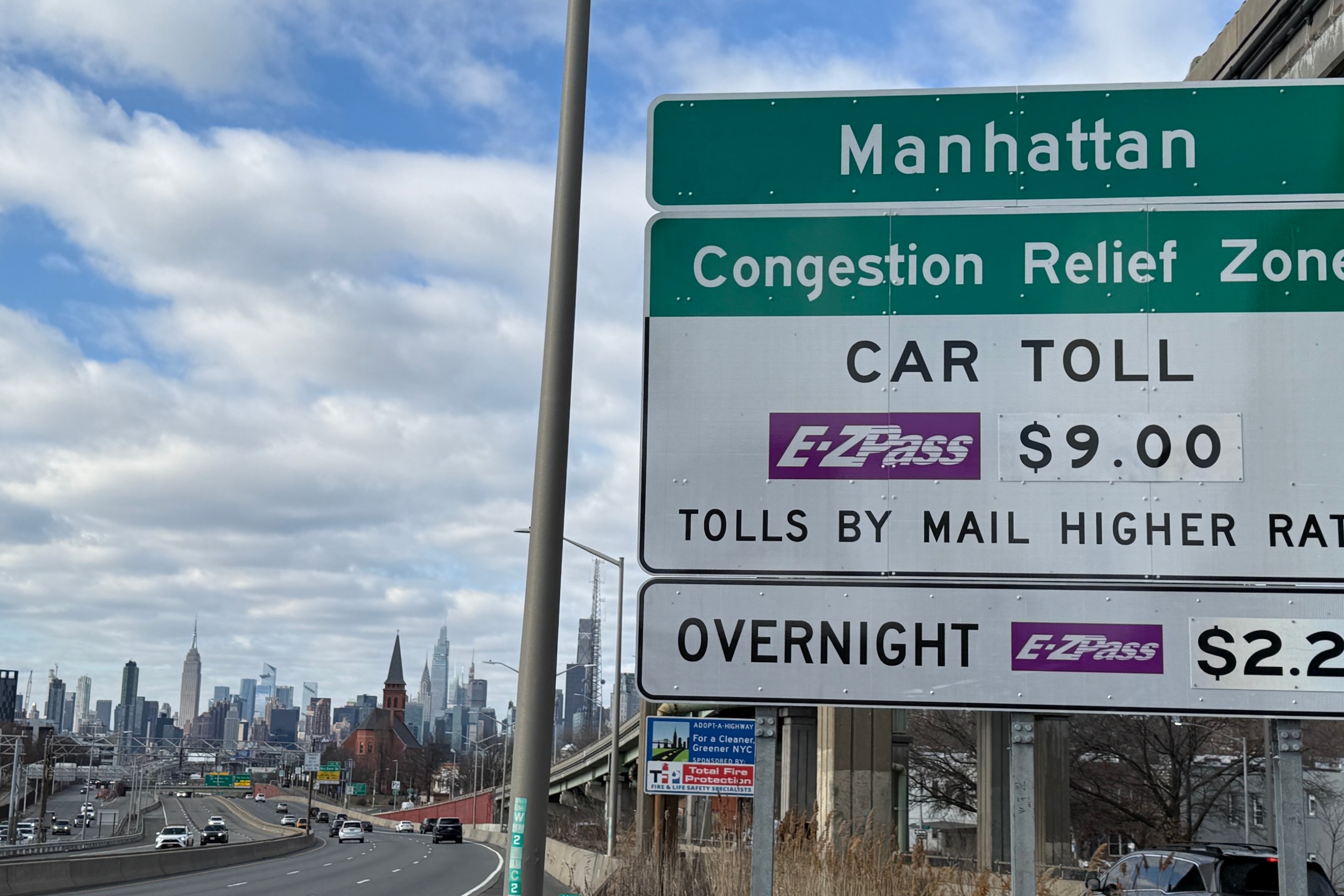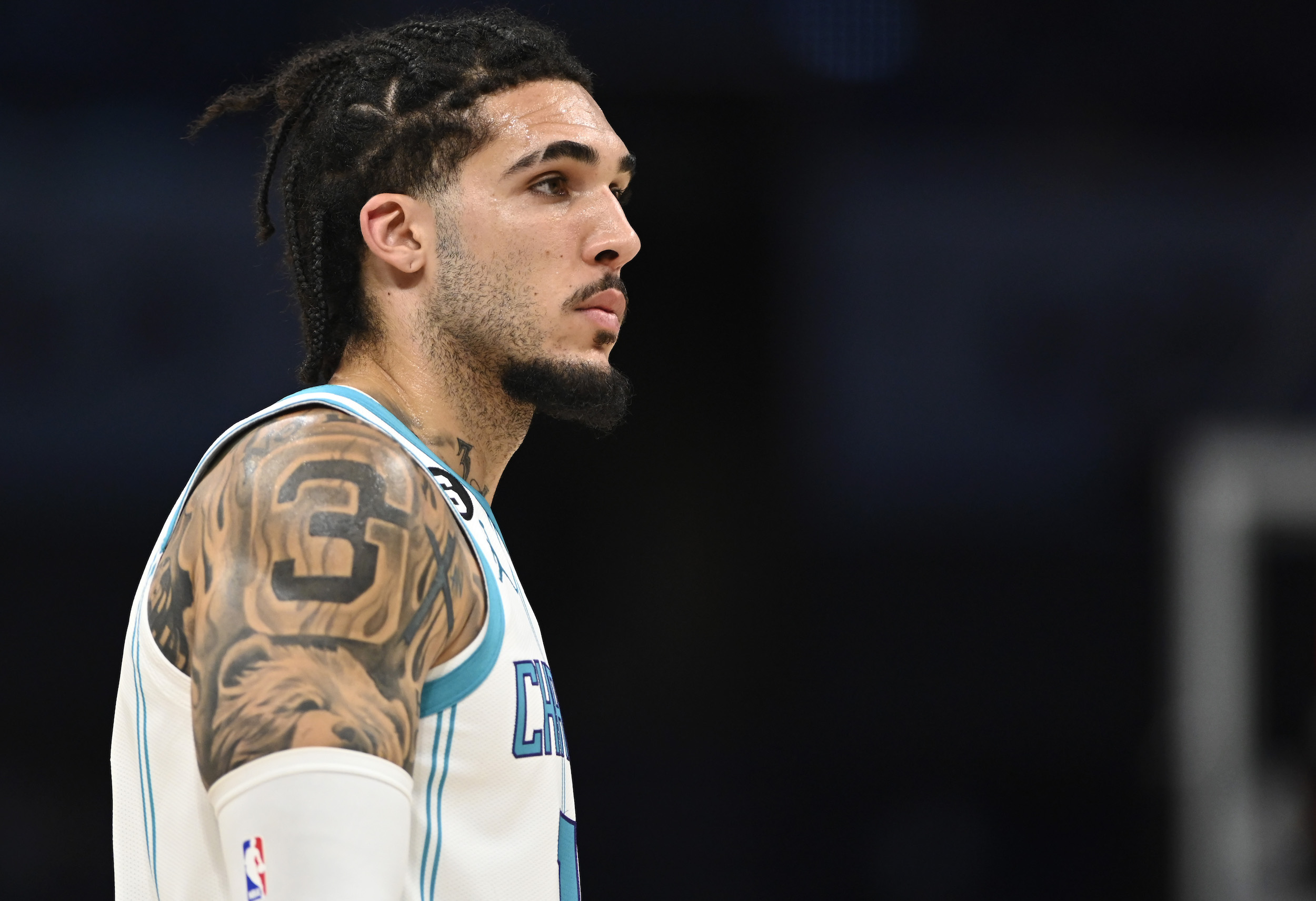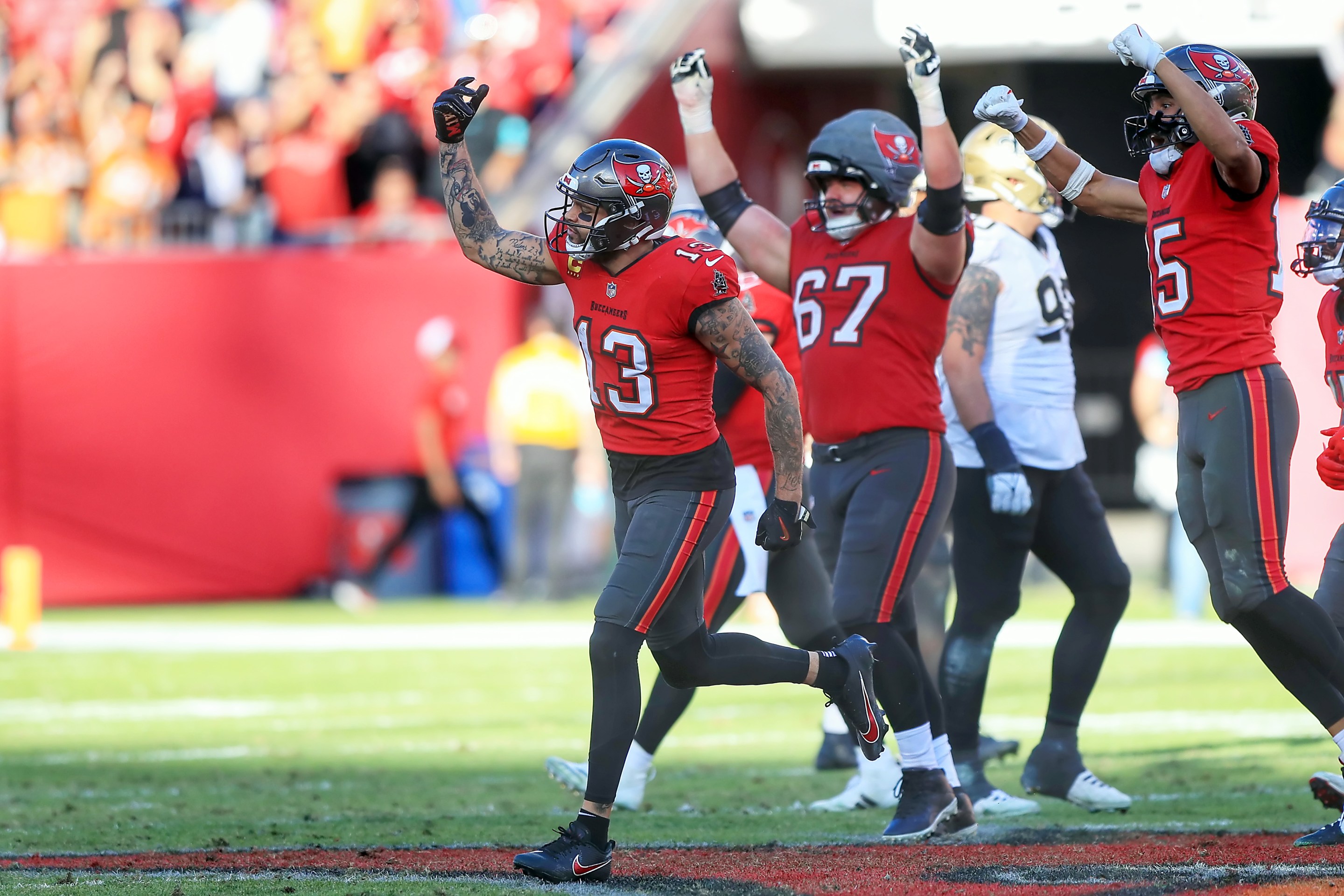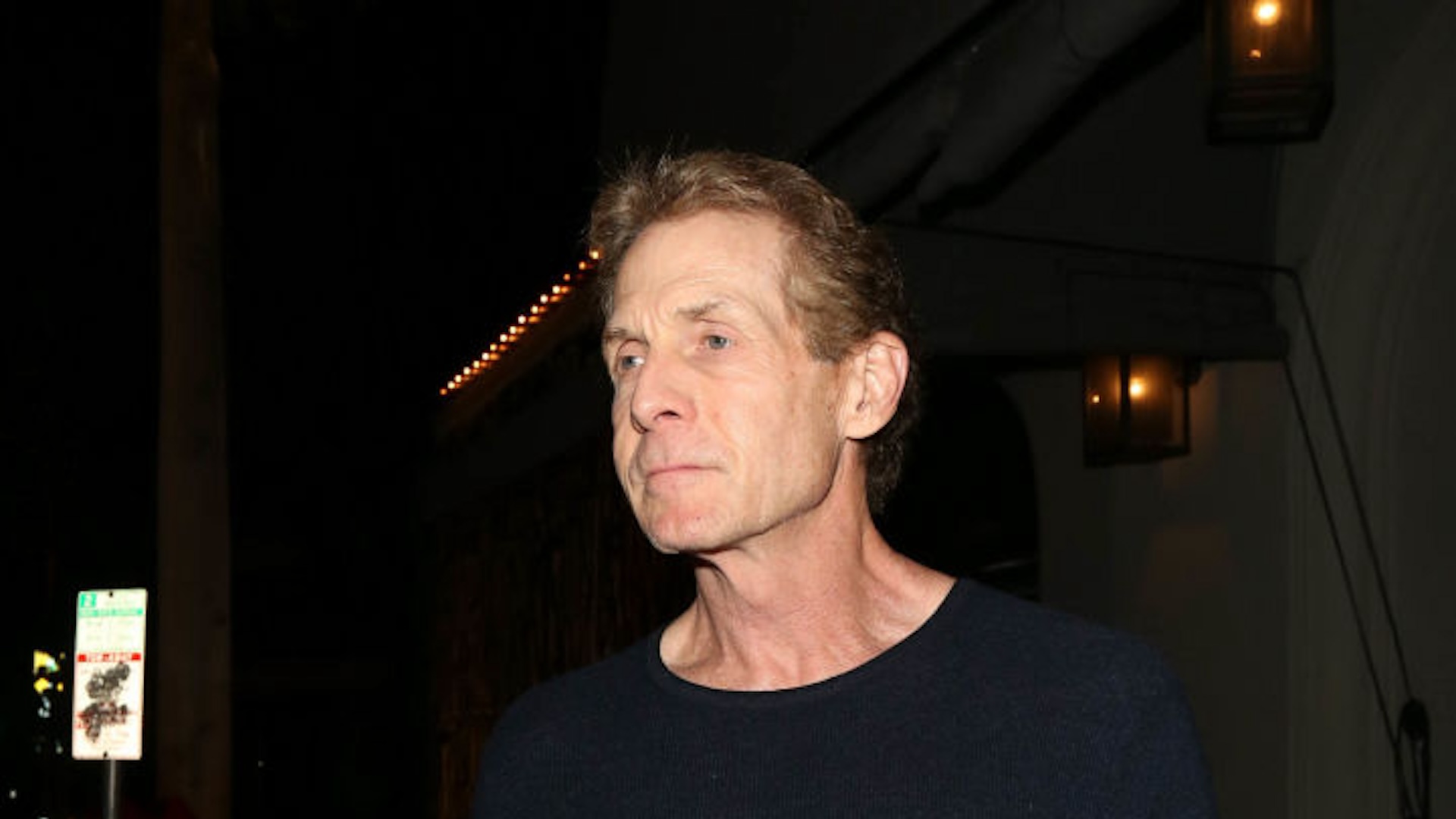Opening Day is a big deal in Cincinnati, even and perhaps especially when it promises to be something like the highlight of the team's season. The Reds are, as they have been for the last several decades, either a team stuck in the grim limbo between an unthrilling recent past and a potentially promising future, or a team built specifically for that endless middling present. They have made some feints towards doing the things and spending the money necessary to compete in the National League Central, and then backed off of them. The team spent this recent offseason, before and after the lockout, furiously jettisoning every veteran they could, even when getting off an undesirable contract meant adding a young All-Star to the deal. But, again, the Reds aren't quite tanking. They brought Hunter Greene north with them from Spring Training and the former second overall pick was electric in a successful MLB debut; Nick Lodolo, a very different but similarly promising pitching prospect, will make his debut this week as well. It is difficult, as it has often been difficult, to see quite what the Reds are going for, although if it was revealed that owner Bob Castellini had placed a 10-figure bet on his team winning exactly 78 games it would honestly explain a lot.
But if the Reds are unlikely to see their season end with a parade, they knew that it would begin with one. After two years of pandemic suspension, the Findlay Market Parade that has been held on the day of the team's home opener every year since 1920 returned. In a neat twist on that local tradition, Reds President and Chief Operating Officer Phil Castellini spent the hours leading up to Tuesday's first pitch dousing that parade in his own salty piss. That is admittedly kind of an unpleasant way to describe Castellini taking the time to tell those Reds fans who have been critical of his family's ownership to take a moment and consider 1) that they themselves are pathetic and their concerns are of no significance, and 2) that maybe they would be happier, as the piggies they are, if they decided to enjoy the corncobs and kitchen trimmings provided in their trough, but also the whole thing was pretty unpleasant even before I described it that way. Anyway, Castellini did this on the radio, hours before Opening Day, in an interview with WLW 700's Scott Sloan and Mo Egger.
What's remarkable about this sentiment, which is surely widely shared among big league owners if generally expressed in more carefully coded self-congratulatory executive mewling, is not how belligerently Castellini expressed but how readily the familiar rhetoric about "growing our own" and "discipline" being the remedy for the team's unwillingness or inability to spend on big-league talent slid into something much more like gloating. When asked about the team's decision to ditch erstwhile cornerstones and their cornerstone-grade contracts instead of adding to last year's 83-win team—a question softened somewhat by noting that the team did add Tommy Pham and "sneaky good addition" Hunter Strickland—Castellini is instantly on edge. "Add to it with what?" he says, before treating listeners to some extremely tense dead air. The team had been spending beyond its revenue, the owner's son continued, and while it might have been nice to spend more on the pursuit of one of those expanded playoff spots the owners just bargained into existence, it simply wasn't realistic. "I've got five kids," Castellini noted by way of explaining why the team had to trade some of its best players. "They're all fans."
Asked by Egger why fans, like his own children, should show faith in the family's ownership, Castellini got to the point:
Phil Castellini doesn’t care what the fans think because you have no choice but to root for them. Or the team will be sold and moved. pic.twitter.com/FKGBV88TSg
— Wooooo™ (@WoooooTheReds) April 12, 2022
"Well, where are you going to go?" Castellini asked fans. "Sell the team to who? That's the other thing: You want to have this debate? .... What would you do with this team to have it more profitable, make more money, compete more in the current economic system that this game exist? It would be to pick it up and move it somewhere else. Be careful what you ask for." Castellini went back and forth with himself on this topic for a while, without ever quite resolving the friction between saying "we can't expect to get and retain the fandom if we don't win" and his objectively correct if notably rude observation that those fans will finally be stuck with whatever baseball, winning or otherwise, their team's ownership deigns to provide.
On its own, this fits the classic political definition of a gaffe, which amounts to accidentally saying something true at an inopportune moment. In context, though, that feels too generous. The last half-decade or so in baseball has been marked, even before it was interrupted by the lockout, by an increasingly militant approach from owners. What those owners want is not new, and is elemental—they want more money, more control, more deference, more of everything that they have than they already have. It is not really a position that can be reasoned with, because it is itself not just unreasonable but unreasoning.
But when these demands are delivered through fatuous management jargon, and with the whinging bad faith that is the native song of the Beleaguered American Job Creator, it can sound like something other than what it is. It is almost to Castellini's credit that he dropped the familiar rich-guy grievance and got straight to the ruder thing beneath it. The result sounded like what it was: a man with money and leverage telling everyone else—and the fans who have clamored for Castellini to sell the team are the same ones partying in the streets on Opening Day and paying to watch the team play at Great American Ballpark—to leave him alone until they had some of their own.
Also arguing against this being a gaffe is the fact that, when asked later that day by broadcaster Brandon Saho whether people had perhaps taken his comments the wrong way, Castellini essentially said it again, with extra vinegar on top.
Here’s Phil Castellini’s response with @BrandonSaho to the comments on WLW today @WLWT #Reds #OpeningDay pic.twitter.com/mFsaZcKQBM
— Mark Slaughter (@MarkVSlaughter) April 12, 2022
"The answer is, are you going to abandon being a Reds fan?" Castellini told Saho. "The point is, how about everyone settle down and celebrate, and cheer for this team ... the point is, stay tuned, and be a fan." In that answer, Castellini also reiterated a point that he made on the radio, which is that his family's ownership "isn't going anywhere." Again, it was sort of a taunt, and sort of a threat, but very obviously both a fact, and something like the point.
